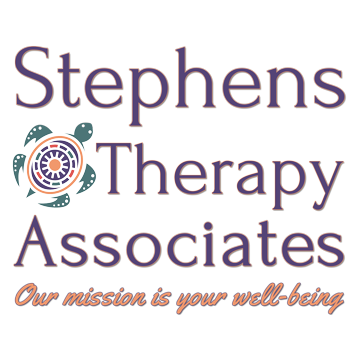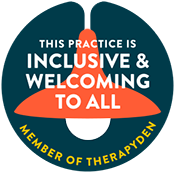The Happy Face That Hurts: Why Survivors Pretend They’re Fine

By Brenda Stephens, Licensed Professional Clinical Counselor
How fawning, self-silencing, and smiling through pain keep survivors stuck, and what actually helps.
If you grew up with or loved a narcissist, you probably learned to smile when you wanted to scream. You handled everything, stayed agreeable, and told people you were “good” while your body ran on fumes. That mask is not vanity; it is survival.
Why the mask forms
Self-silencing as safety. You learned to mute needs, take up less space, and measure your worth by how well you kept the peace. In that system, your needs felt dangerous.
Fawn response. Fight, flight, and freeze get the headlines, but many survivors default to fawn. You appease, please, smooth things over, and become low maintenance on purpose. It kept you safer then, and it keeps you invisible now.
Smiling depression. You look competent and cheerful on the outside and feel empty on the inside. People praise your “strength,” then miss your pain.
Performance gets rewarded. Families, partners, and even workplaces often prefer the easy version of you. The applause trains your nervous system to hide the rest.
Your body pays. Chronic stress does not disappear; it compounds. Exhaustion, headaches, gut issues, brain fog, and sleep trouble are common fallout when the mask stays on.
How the mask keeps you stuck
- You label normal needs as “too much.”
- You disconnect from body signals, then they burst out as panic or anger.
- You look high functioning, so support arrives late.
- You feel isolated inside rooms where everyone swears you are “doing great.”
What actually helps
I teach clients to replace performance with practice. Keep this practical and kind.
1) Name it without shame. Try this out loud: “I learned to please and self-silence to stay safe. It worked. I am learning a new way.” Naming the strategy reduces self-blame.
2) Switch the question. Trade “Am I too much” for “Is this safe and reciprocal.” Your needs are not the problem. Lopsided systems are.
3) Micro-truths. Full exposure can feel risky. Start small. “I am tired tonight.” “That joke stung.” “I need ten minutes.” These tiny truths retrain the nervous system.
4) Body permission. Give your body brief resets that lower stress load. One song of free movement, an extended exhale for one minute, a short walk, or a cold-to-warm face rinse. Little, frequent, consistent.
5) A short “no.” You do not owe an essay. Try: “That does not work for me.” “I am not available for that.” “I am going to pass.”
6) Values-based calendar. Pick three values you want your week to express. When requests arrive, check alignment. If it fights your values, it is likely a no.
7) Tell one safe person the truth. Choose someone who responds, not reacts. If you do not have that person yet, a trauma-informed therapist can be the bridge.
8) Cost-benefit on paper. Two columns: what the smile buys you right now, and what it costs long term. Seeing both at once brings clarity and courage.
For loved ones and professionals
If a survivor looks fine, assume there is more. Notice the nervous system, not just the words. Look for shallow breathing, constant apology, over-explaining, and a smile that does not reach the eyes. Invite feelings, slow your pace, and reflect back what you hear. Responsiveness builds safety. Safety reduces the need for the show.
The bottom line
That upbeat mask kept you alive. Honor it for doing its job, then let it retire. Health improves when your inner world and outer life stop arguing. Relationships deepen when your needs get a seat at the table. You are not too much. You were trained to be too little.
If you are thinking about harming yourself, call or text 988 in the United States right now. You are not alone.
Work with us
Ready to stop people pleasing and start healing. Book an appointment or join a group.
👉 Therapy, groups, and intensives
👉 Contact & waitlist
Trauma Toolbox app
Guided grounding, micro-practices, body resets, and crisis-calming audio in under five minutes.
👉 Get the app
Podcast: Two Queens and a Joker
Real talk about recovery, parenting, and rebuilding a life you actually want.
👉 Listen on Spotify
👉 Listen on Apple Podcasts






